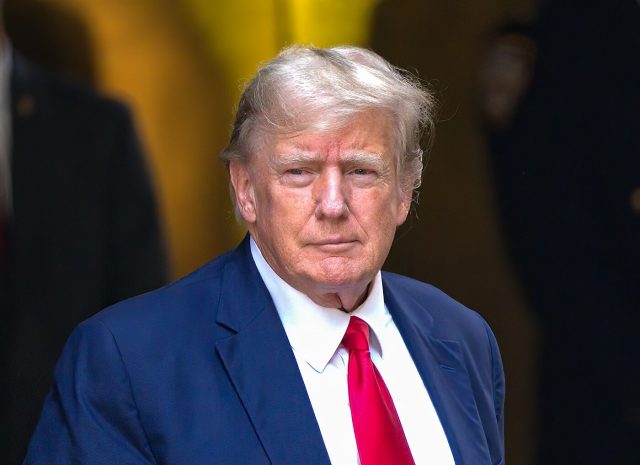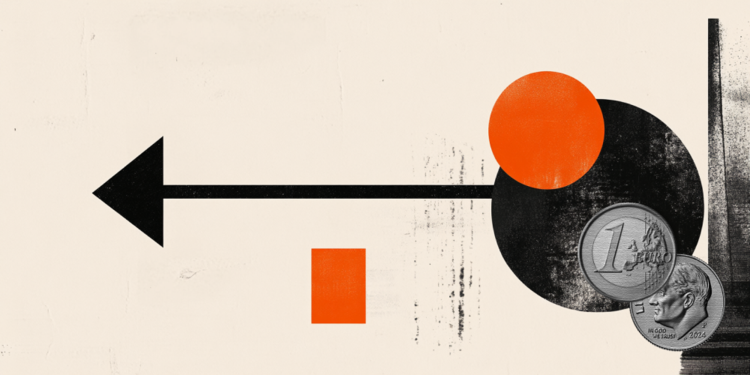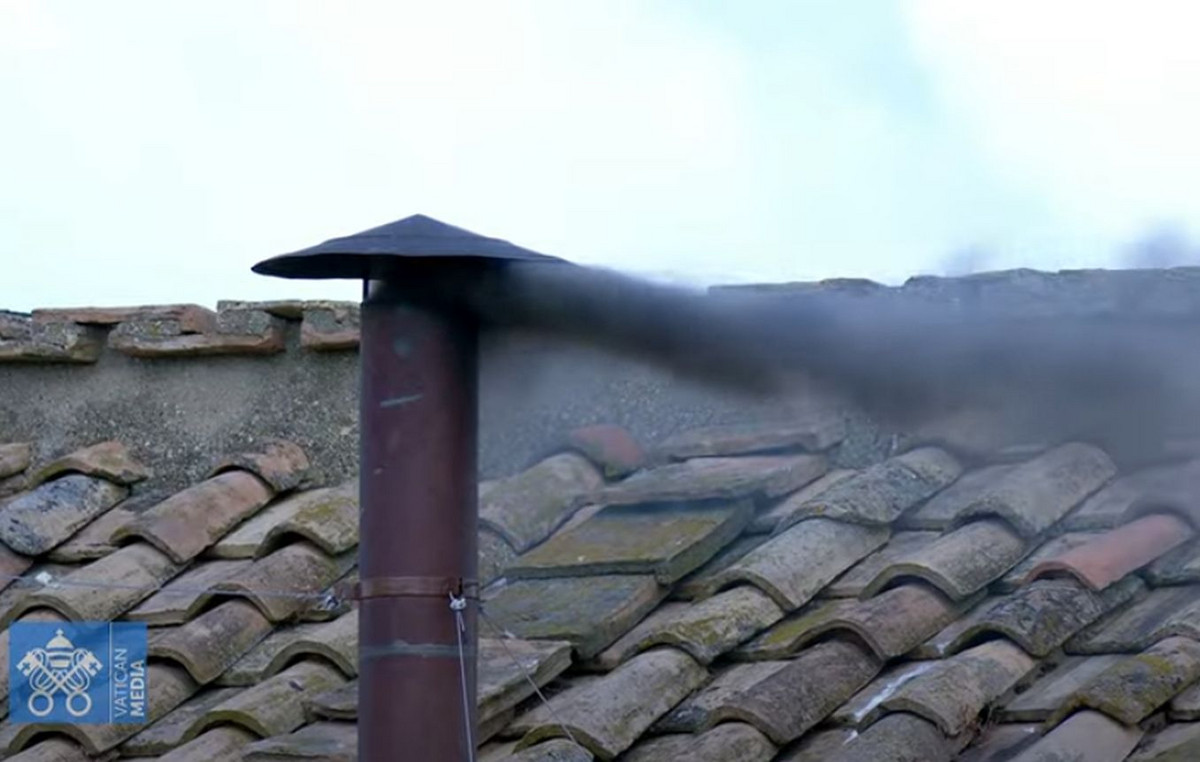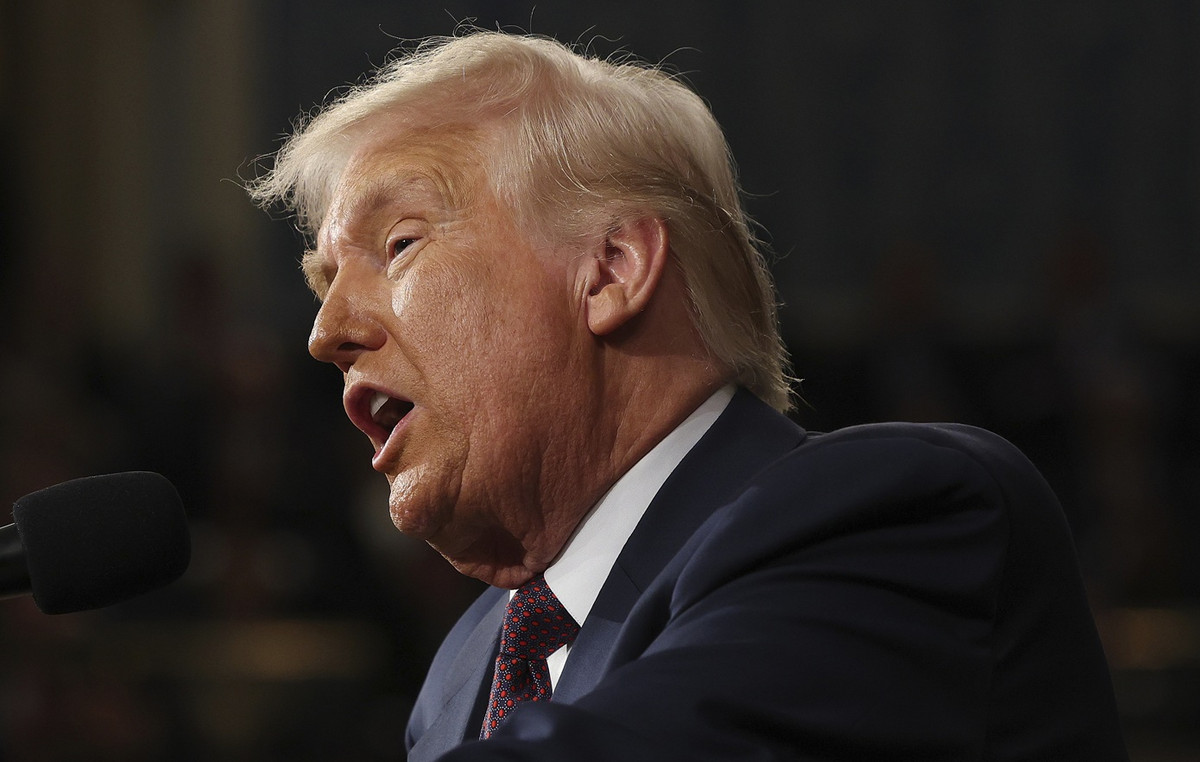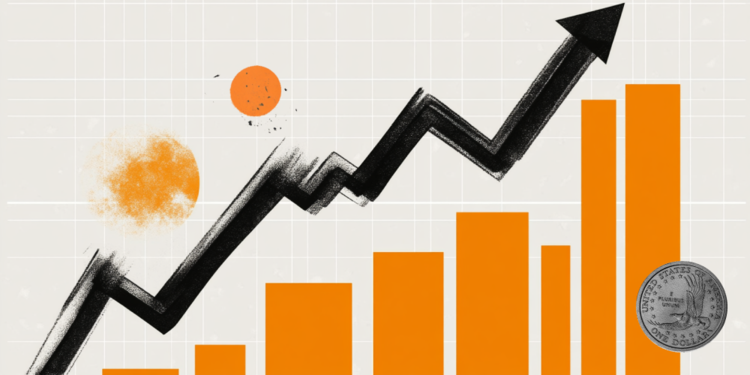The judge in Donald Trump’s bribery case ruled on Monday (16) that the president-elect’s criminal conviction should not be thrown out due to the Supreme Court’s presidential immunity ruling.
Judge Juan Merchan ruled that the evidence presented by the Manhattan district attorney’s office was not related to Trump’s official actions as president.
However, he did not rule Monday on a motion by Trump’s lawyers to dismiss the conviction because Trump has now been elected president. Instead, the 41-page document focused on the issue of presidential immunity.
Merchan wrote that the evidence challenged by Trump’s lawyers related “entirely to unofficial conduct” and should not receive any immunity protection.
“This Court concludes that if an error occurred regarding the introduction of the disputed evidence, such error was harmless in light of the overwhelming evidence of guilt,” Merchan wrote.
“Even if this Court found that the challenged evidence constitutes official acts under the auspices of the Trump decision, which is not the case, Defendant’s motion is still denied because the introduction of the challenged evidence constitutes a harmless error and no error of law. procedure occurred,” he added.
In his decision, Merchan analyzed several testimonies that Trump’s lawyers argued should not have been heard at trial because of the immunity ruling, including from Hope Hicks, Madeleine Westerhout and Michael Cohen.
Merchan wrote that it was “logical and reasonable to conclude that if the act of falsifying records to cover up payments so that the public would not be informed is a decidedly unofficial act, then communications to further that same cover-up must also be unofficial.”
The evidence challenged by Trump’s lawyers, the judge wrote, related “entirely to unofficial conduct” and should not receive any immunity protection.
Trump transition spokesman Steven Cheung said in a statement that Merchan’s decision “is in direct violation of the Supreme Court’s ruling on immunity and other long-standing case law.”
Trump’s lawyers will likely appeal the ruling, one of several potential motions to dismiss that could leave the case delayed for months or even years.
Merchan has yet to rule on Trump’s argument that his status as president was a “legal impediment” to further criminal proceedings and the case should be dismissed as a result.
Trump has not yet been sentenced following his conviction in May. Prosecutors have previously agreed that the president-elect would not be sentenced while in office, but the district attorney’s office has argued in court filings that the felony conviction should still stand.
Prosecutors wrote that while the sentence could be delayed or modified, completely rejecting a jury’s conviction would be a rare and unwarranted course of action.
Trump was convicted in May of 34 counts of falsifying business records regarding payments to his then-attorney Michael Cohen to repay a $130,000 cash payment made to silence adult film star Stormy Daniels in order to prevent her from speaking about an alleged affair before the 2016 election. Trump denied the affair.
The initial sentencing was scheduled for July, but it was postponed twice due to the Supreme Court’s presidential immunity ruling until after the election.
Trump’s lawyers argued that the conviction should be thrown out based on the Supreme Court ruling because prosecutors relied on evidence of Trump’s official conduct in the White House.
Merchan rejected that claim in their ruling, writing that the evidence they challenged was not linked to Trump’s official acts as president.
When will Donald Trump be inaugurated as President of the United States?
This content was originally published in Judge decides that Trump does not have presidential immunity in case of bribery on the CNN Brasil website.
Source: CNN Brasil
Bruce Belcher is a seasoned author with over 5 years of experience in world news. He writes for online news websites and provides in-depth analysis on the world stock market. Bruce is known for his insightful perspectives and commitment to keeping the public informed.


